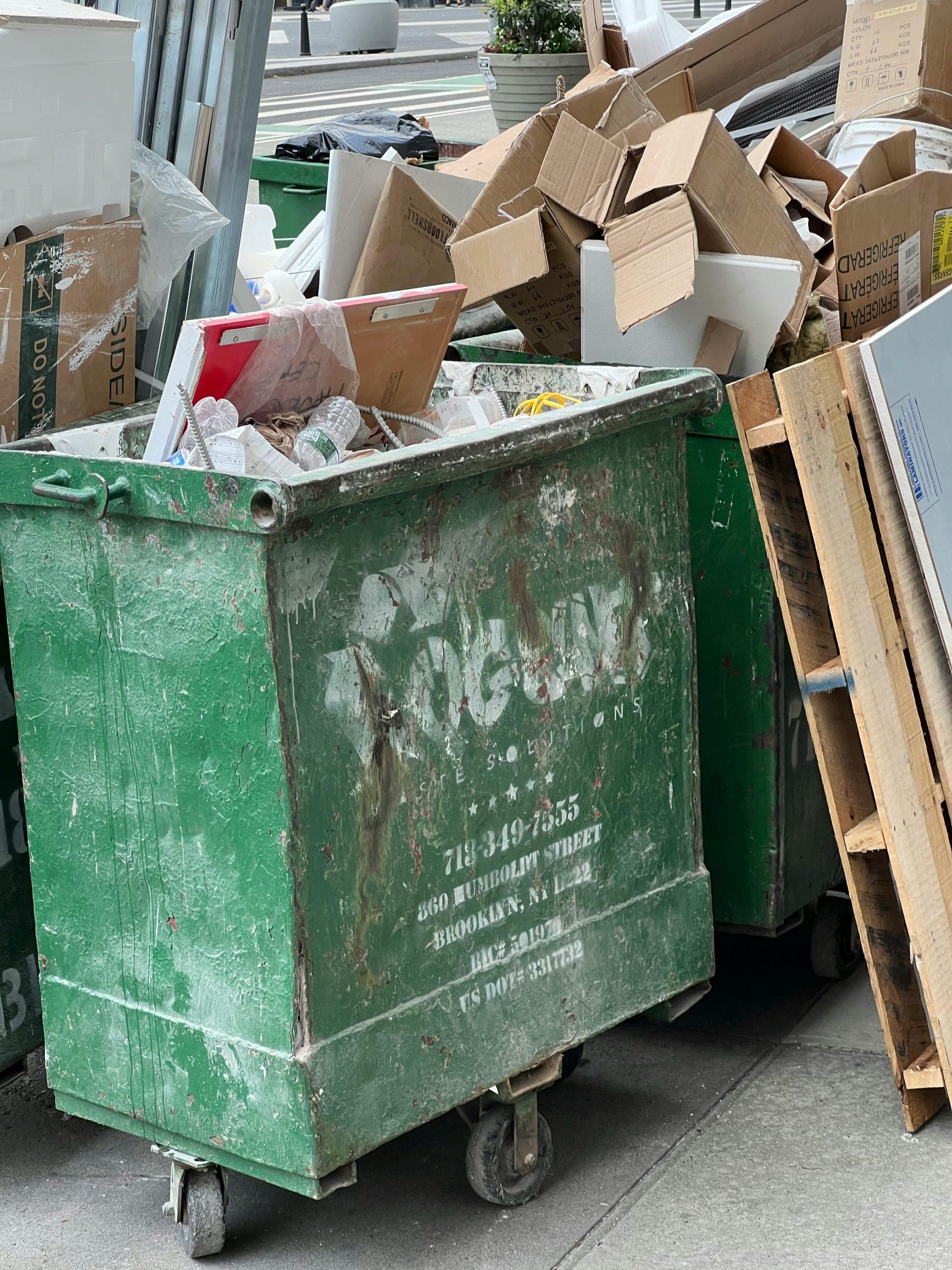Title: Addressing Noise Pollution in Public Spaces: The Role of Smartphone Use and Public Etiquette
In recent years, the ubiquity of smartphones has dramatically transformed our interactions with public spaces. While these devices offer unparalleled convenience and connectivity, their misuse — particularly in the form of loud, speakerphone conversations — has contributed to increasing noise pollution that impacts our communal environment. This phenomenon raises important questions about social responsibility, consideration, and the evolving norms of public behavior.
Understanding Noise Pollution and Its Impact
Noise pollution in public spaces is an often overlooked form of environmental disturbance. It disrupts social harmony, hampers concentration, and diminishes the quality of shared environments. Smartphone users who engage in loud conversations without headphones inadvertently contribute to this issue, making public areas less welcoming for everyone.
Cultural Variations in Public Behavior
While urban living inherently involves higher background noise levels, expectations around appropriate smartphone use vary globally. For instance, in some regions, using a loud speakerphone in public might be deemed acceptable or overlooked; in others, it is considered outright impolite. Travellers and residents alike may notice these differences, highlighting the importance of cultural sensitivity and societal norms when it comes to public etiquette.
Challenges in Addressing the Issue
Attempts to politely address loud behavior—such as requesting someone to lower their volume or use headphones—are not always met with understanding. Unfortunately, some individuals respond aggressively or threaten violence, making passive resistance a common choice for many. This dynamic underscores the broader challenge of fostering considerate behavior in densely populated environments where personal space and noise levels often clash.
The Responsibility of Individuals and Society
Ultimately, maintaining respectful public spaces requires collective effort. Smartphone users must recognize the impact of their actions and strive for considerate use—employing headphones when participating in calls or conversations. Additionally, public education and societal norms play crucial roles in shaping acceptable behaviors.
Conclusion
As smartphones continue to be integral to our daily lives, it is essential to balance technological convenience with social responsibility. Cultivating awareness around noise pollution and encouraging respectful use of devices can help preserve the quality of our shared environments. By doing so, we can foster public spaces that are inclusive, comfortable, and considerate for all.
Author’s note: Navigating the fine line between personal convenience and public courtesy remains a challenge, but awareness and empathy are vital steps toward creating more harmonious shared spaces.


Addressing Noise Pollution in London’s Public Spaces
As a London resident, I completely agree with the importance of fostering considerate smartphone use in our bustling city. With so many vibrant public spaces—from parks to transport hubs—it’s vital that we all contribute to maintaining an environment that is welcoming for everyone.
Here are some thoughts on promoting better public etiquette:
Ultimately, nurturing a sense of collective responsibility—whether through individual actions or community initiatives—will be key to preserving the comfort and harmony of London’s shared environment. Small changes in our daily habits can lead to a more respectful and enjoyable city for all residents and